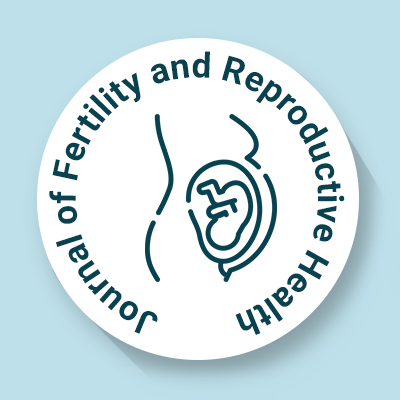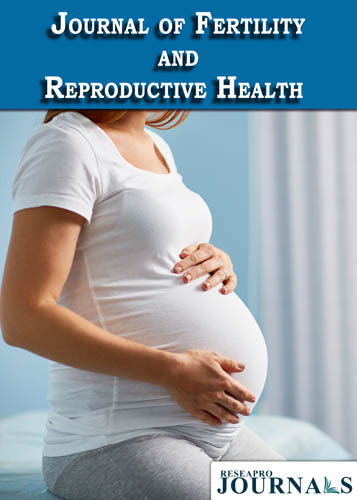
Journal of Fertility and Reproductive Health
OPEN ACCESS

OPEN ACCESS

Family Planning and Reproductive Health Department, Advising Drug Research and Development, Germany
The role of natural progesterone as a progesterone receptor modulator and its chemical analogues, the progestins cannot be overestimated in human and animal reproduction and beyond. Our knowledge is based on molecular biological basics, physiological and endocrinological findings, clinical observations through drug development, commercialization, and ecological aspects. The most important applications are mainly in Reproductive Health (female and male contraception, pregnancy maintenance, miscarriage, hormone replacement therapy, endometrial hyperplasia, endometriosis, and adenomyosis, uterine fibroids, abnormal uterine bleeding, including heavy menstrual bleeding, and preterm labor). Progestins also play a role in oncology by regulating cell proliferation, apoptosis, and metastasis in gynecological and brain cancers. The non-classical effects include immunomodulation and neuroprotection but are also involved in increased risks for breast cancer and decreased mood. Progesterone is mainly used in assisted reproduction using a different application, delivery forms, and structural analogues. For the newest progestin-only pills (POPs), an over-the-counter distribution (self-administration) is in discussion.
Received 01 June 2023; Revised 24 July 2023; Accepted 31 July 2023
Family Planning and Reproductive Health Department, Advising Drug Research and Development, Germany